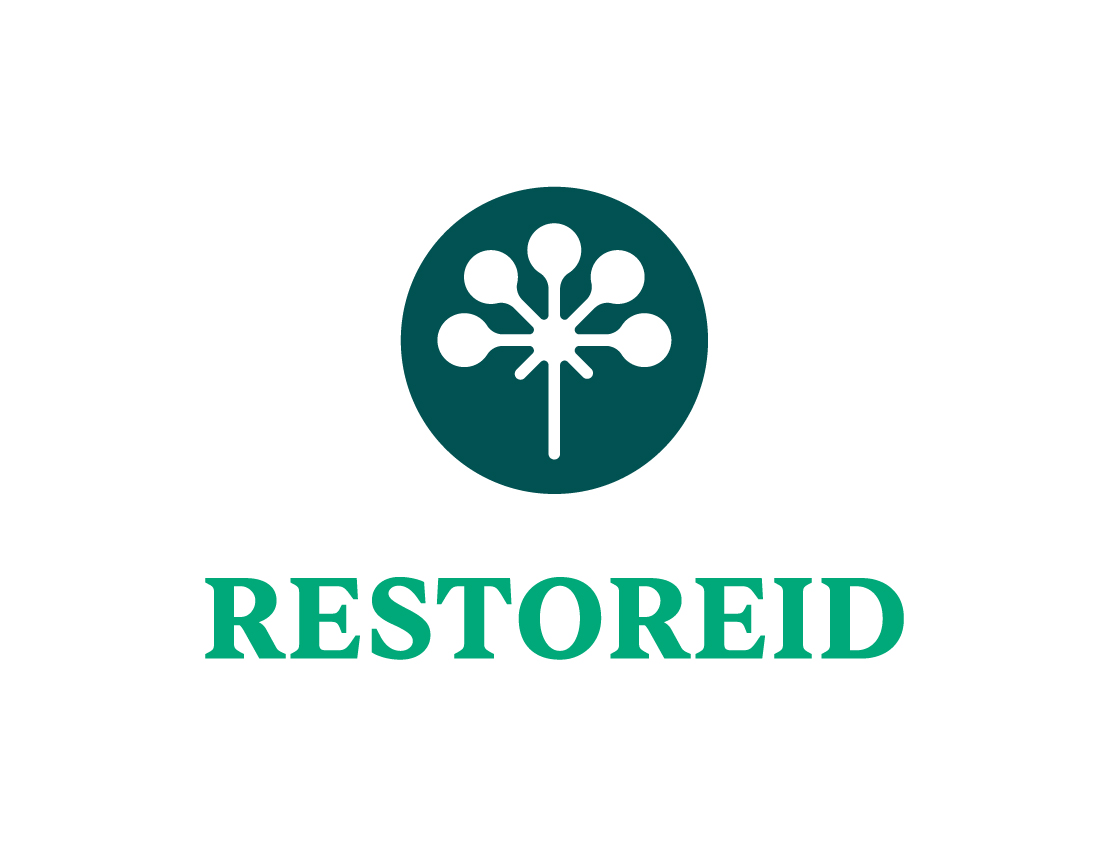"In degraded ecosystems, certain species that carry infectious pathogens can proliferate, and this can have serious consequences for human wellbeing. While biodiversity restoration is hailed as a remedy for this, the introduction of new species via ecosystem restoration could unwittingly usher in fresh health risks. To ensure that restoration processes result in healthier landscapes, an understanding of these intricate processes is paramount. That is what we aim to do with RESTOREID", Prof. dr. Herwig Leirs, Professor, Department of Biology, Evolutionary Ecology Group, at the University of Antwerp.
Beginning on the 1st of January 2024, RESTOREID (Restoring Ecosystems to Stop the Threat of (Re-) Emerging Infectious Diseases) is a 4-year project funded by Horizon Europe that targets a better comprehension of the role of restoration in the prevention of zoonotic spillover in temperate and tropical regions, and the creation of monitoring tools and innovative local and international dissemination approaches.
Restoration is an effective solution to mitigate the impact of human actions on landscapes. It is also hoped that landscape restoration may provide protection against zoonotic disease spillover, but currently there is not enough knowledge about how, when and where this might occur.
Unlike undisturbed landscapes, restored landscapes play a complex role not only in terms of biodiversity, but also when it comes to socioeconomic and public health aspects. Gaining a proper understanding of the impact and importance of restored landscapes is key to develop subsequent effective actions and resources. For this reason, RESTOREID highlights the importance of the interrelations between biodiversity , restoration and human land use, and how they affect the risk of spillover to humans.
The University of Antwerp will be the main coordinator of this project that will count with a contribution of almost 4.5 million euros and a diverse consortium with 14 other partners from Europe and Africa, including universities, institutions, and NGOs, with expertise in relevant areas such as biodiversity, health or agriculture.
By combining data on species and pathogen traits, human socioeconomic behavior, and restoration practices, and applying novel sampling techniques, RESTOREID is expected to generate the following outcomes:
- It will provide a clearer understanding of the impact of restoration mechanisms on biodiversity in restored landscapes in comparison with undisturbed ones, tackling the relationship between biodiversity and zoonotic spillover.
- It will develop methods for biodiversity assessments that will favor citizen science and a higher engagement of the community in the restorative process.
- It will allow a stronger comprehension of social, economic and health drives of restorative actions.
As a result, RESTOREID will provide thorough information, effectively guiding restoration strategies at both European and global scales, positively impacting the well-being of both landscapes and citizens around the world.
The project’s website will soon be available. More information about the project’s work can be found on RESTOREID’s social media channels:
RESTOREID partners:
- Universiteit Antwerpen (UA), (Coordinator), Belgium
- The University of Stirling (US), United Kingdom
- Institut de Recherche pour le Développement (IRD), France
- AVIA-GIS NV (AVIA), Belgium
- Europa Media Nonprofit (EM), Hungary
- Europa Media Norge (EMN), Norway
- Helsingin Yliopisto (UH), Finland
- Helmholtz-Zentrum für Infektionsforschung (HIOH), Germany
- Universidade Nova de Lisboa (UNL), Portugal
- Sveriges Lantbruksuniversitet (SLU), Sweden
- Sokoine University of Agriculture (SUA), Tanzania
- Université de Kisangani (UNIKIS), Democratic Republic of the Congo
- University of Glasgow (UG), United Kingdom
- Prins Leopold Instituut voor Tropische Geneeskun (ITM), Belgium
- ALTERNET The European Science Policy Interface on Biodiversity and Ecosystem Services (ALT), Belgium
- Médecins du Monde- Dokters van de Wereld (MdM), Belgium
Additionally, the RESTOREID Consortium is planning the onboarding of a new partner, namely the University of Bangor, from the United Kingdom.

